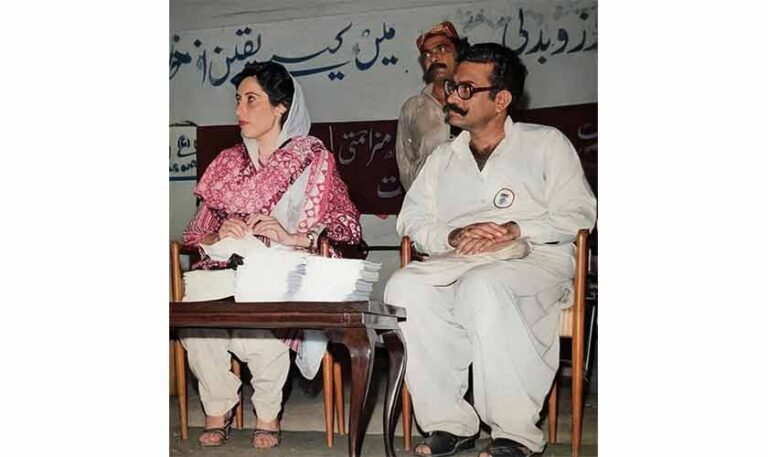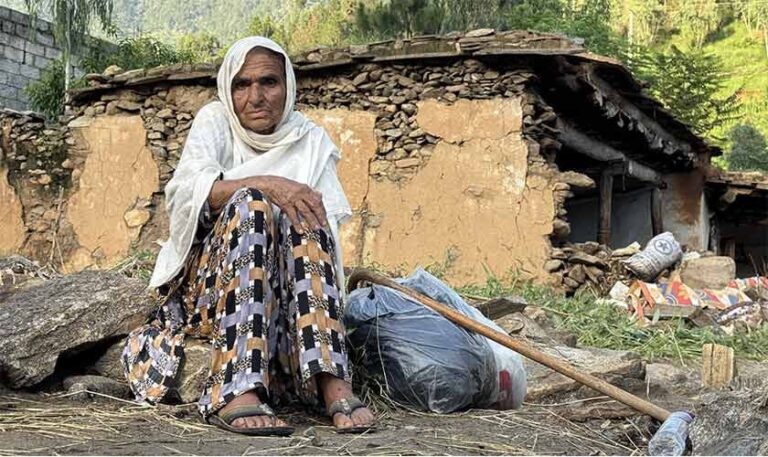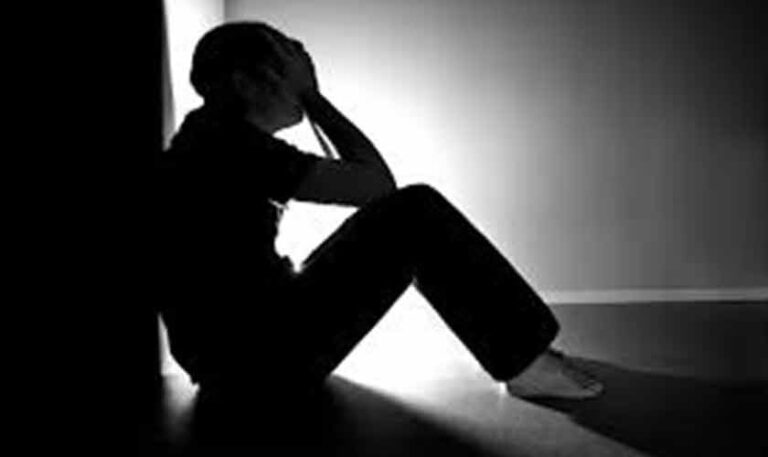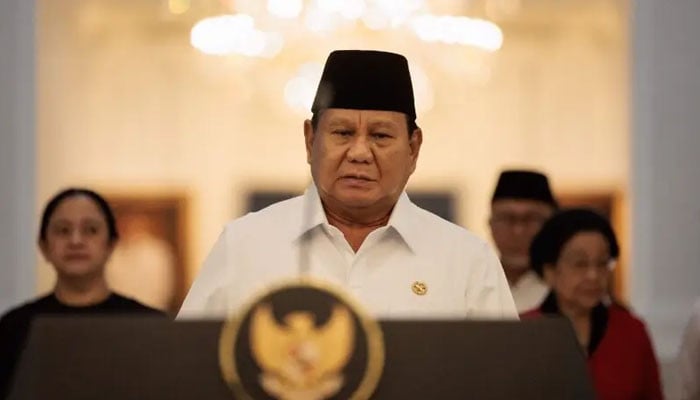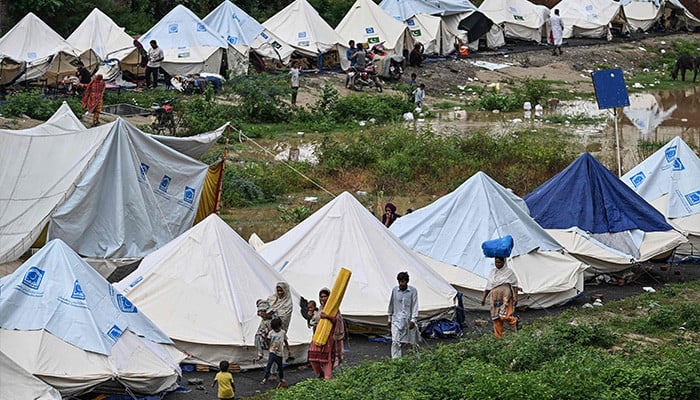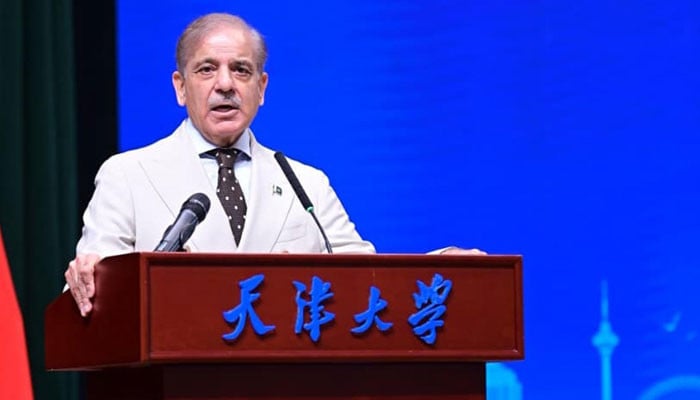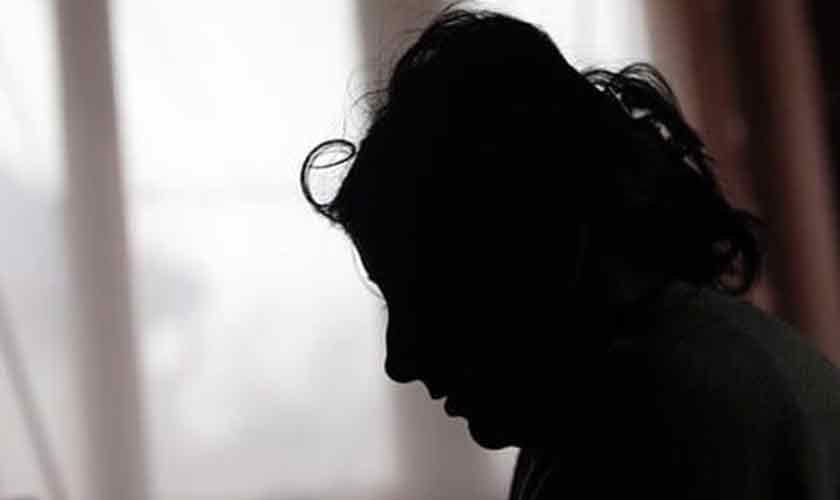
#Empathy #justice #reason #Political #Economy
It is considered as a long -lasting article in Pakistan, once again suppressing itself in public consciousness – it is not just as a moral question, but as a serious social issue. In recent years, secret sex markets have been expanded in major cities like Islamabad, Lahore and Karachi, working behind the next parts of salon, spas, private apartments and online platforms. Although the state and society are engaged in the theater of denial, the facts on the ground point to a deep crisis. It calls for a social analysis rather than a moral condemnation.
Historically, prostitution in the subcontinent was developed through complex cultural and political changes. During the Mughal era, courtins or tawaaf were not merely sexual activists, but also artists, musicians and poets, who are often respected in the cultural circles of the elite. However, it was changed under the British colonial rule, when prostitution was organized to serve the colonial army under the laws of the 1864 Cantonment Act. During this period, the implementation of Victorian Ethics was also marked, which defamed indigenous methods and described prostitution as a completely defective act. Pakistan has inherited both the colonial legal structure and its moral ambiguity. Red light districts like Lahore’s Heera Mandi continued unofficially, while sex workers were backward in the absence of legal protection and social identity.
Today, prostitution in Pakistan is neither legal nor is clearly banned under any harmonious law. Instead, it exists in a legal brown zone where rules, such as hooded ordinances, are used to criminalize weak women, while actors-client, pimple and facilitator compallylylylylylylylylylylylylyly, avoid checking out the scrutiny. Social hypocrisy is clear: What is condemned in the public is quietly eaten privately. Recent raids of police in Islamabad’s advanced sectors and in the rich palaces of Lahore and Karachi have exposed the involvement of influential people, foreign nationals and educated youths, which shows that prostitution is not limited to a particular class or geography.
From a social point of view, prostitution cannot be separated from structural inequality. Poverty, unemployment, gender discrimination, domestic abuse and lack of education pushes many women. For some people, this is the last tactic after eliminating all other sources of survival. For others, especially for those who are smuggled into the borders or within the country, it is a life of coercion and imprisonment. As Perry Bordeau has stated, people with minimum access to economic, cultural and social capital are often forced to produce the only asset to them: their bodies. The concept of Bordeaux’s symbolic violence further explained how such individuals are subjected to social backwardness and exploitation, which reinforces the cycle of poverty and helplessness that often explains their lives.
Digital technology has changed sexual trade tremendously. Social media apps, riding platforms and encrypted messaging tools now work as drains to connect customers and sex workers, making it difficult to detect and manage trade. This change has also shifted sexual acts from traditional red light districts to elite and medium -class palaces.
We must recognize the reality of prostitution.
The dangers are serious. Sexual workers often face lack of harassment, extortion, sexual violence and access to health care. The worse thing is, when they contract sexually transmitted infections, including HIV/ AIDS, they are often unable to access medical help due to notoriety, fear and apathy.
Healthcare experts have repeatedly warned that unorganized prostitution is helpful in the silence of infectious diseases. According to UN AIDS, Pakistan has seen a permanent increase in HIV cases, especially in high -risk groups such as transgender individuals, drug users and sex workers. Calculating health checks, sex education and lack of outreach programs have turned it into a ticking time bomb. Those who have chosen the rules about oppression – such as New Zealand, Germany and the Netherlands – have shown that eliminating and monitoring sexual work reduces the transfer of diseases, protects workers’ rights and enables access to health services.
In Pakistan, the debate about legalizing or abolishing prostitution is deeply polarized. The conservative classes argue that it will promote immorality and destabilize the family system. On the other hand, some human rights supporters, economists and public health professionals believe that banning prostitution has never eliminated it – it has made it just and dangerous. The basic problem is not morality than morality, but hidden in comparison to adventure. When sexual act is found guilty, it only goes underground, which makes it difficult to be regular, there is a higher risk of abuse and is more likely to spread the disease and crime.
The current approach in Pakistan punishes the affected person while protecting the system. Women are arrested and embarrassed, while their male client is often released without any consequences. Law enforcement agencies are known to offer bribery, offer ‘protection’ in exchange for a reduction in earnings, and in some cases, exploit women. Lack of shelters, rehabilitation centers, professional training and psychological support ensures that most of them are caught in the cycle of exploitation.
What is needed is an important, human and evidence -based approach. First, the state should clearly distinguish between unanimous adult sexual work and smuggling or child abuse, which makes the latter guilty. Second, health and human rights should be given priority. This includes access to sexual health services, legal aid for sex workers and auxiliary networks. Third, the demand must be acknowledged and focused on it. The social construction of masculinity, which allows male sexual privilege, should be challenged while condemning women’s sovereignty. Finally, sex workers have to raise their voice in policy debates.
Prostitution forces a society to face its moral contradictions, which shows how gender, class, law and power connect with one another. Pakistan should stop making excuses for silence. For development, we should recognize the reality of prostitution – not to verify it, but to deal with the exploitation, disease and systemic injustice. Only then can we find solutions to sympathy, justice and reasoning instead of shame and silence.
The author is a researcher based in Islamabad. It can be arrived at zakiir9669@gmail.com
